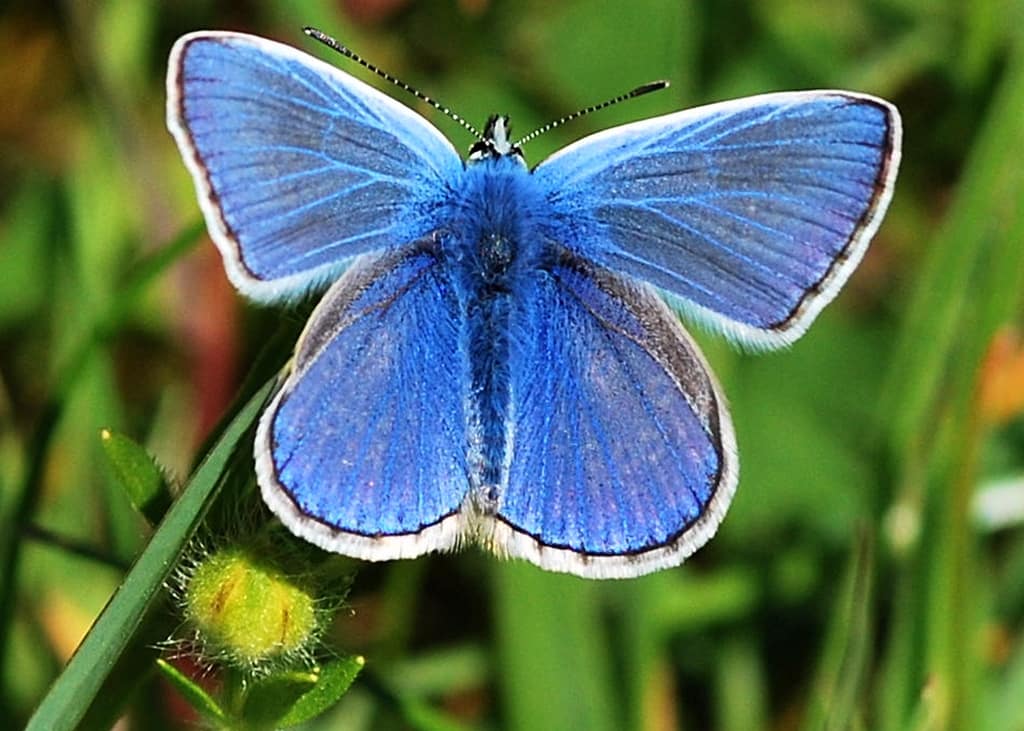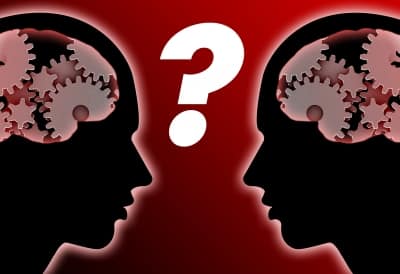Christmas and New Year are here again. In terms of happiness, often a joyful time of the year. However, for some, not so much. Fortunately psychology can give insight into what may improve your mood during this period. Besides, I offer some suggestions for research papers that should make your work or study break more fun. Happy holidays!
Last year I wrote a blog post on Blue Monday, an international day which serves to raise awareness for depression. This year, Blue Monday was on January 15. The week before, on January 9, the Dutch Ministry of Public Health started a national campaign with the aim of making it easier to talk about depression, […]
One Monday in mid-to-late January is said to be the most depressing day of the year. For the past 12 years, a Welsh psychologist has been associated with this day. He has become known as the brain behind Blue Monday, allegedly developing the formula used to calculate the date. But what is the real story, and how has it developed over time?
While an acute decrease in brain serotonin may have few effects on social behaviour, a longer-term increase in serotonin in individuals at risk for depression improves mood and alters social behaviour. This Thursday, February 4, 2016, Koen Hogenelst defends his dissertation, in which he explains the relevance of his research findings for the effectiveness of serotonergic medications for depression.
Though the winter solstice and Blue Monday have passed, the winter’s midpoint has not. These days you may wake up when it is still dark, or darkness has set in again by the time you leave school or work. Even so, the days are rapidly lengthening. How does this affect your mood?
Negative attentional biases have been linked to depression. The “find the smiling face task” has been shown to reduce these dysfunctional attentional biases. To further validate the task, Thole Hoppen and two fellow students investigated whether the “find the smiling face task” changes attentional biases when people are in sad mood.
You may know an irritable person. But if he becomes friendlier towards you, then you will become friendlier towards him, right? In other words, positive changes in how people interact with others are ultimately good for them, too. This idea underlies a new theory on how antidepressants work.







